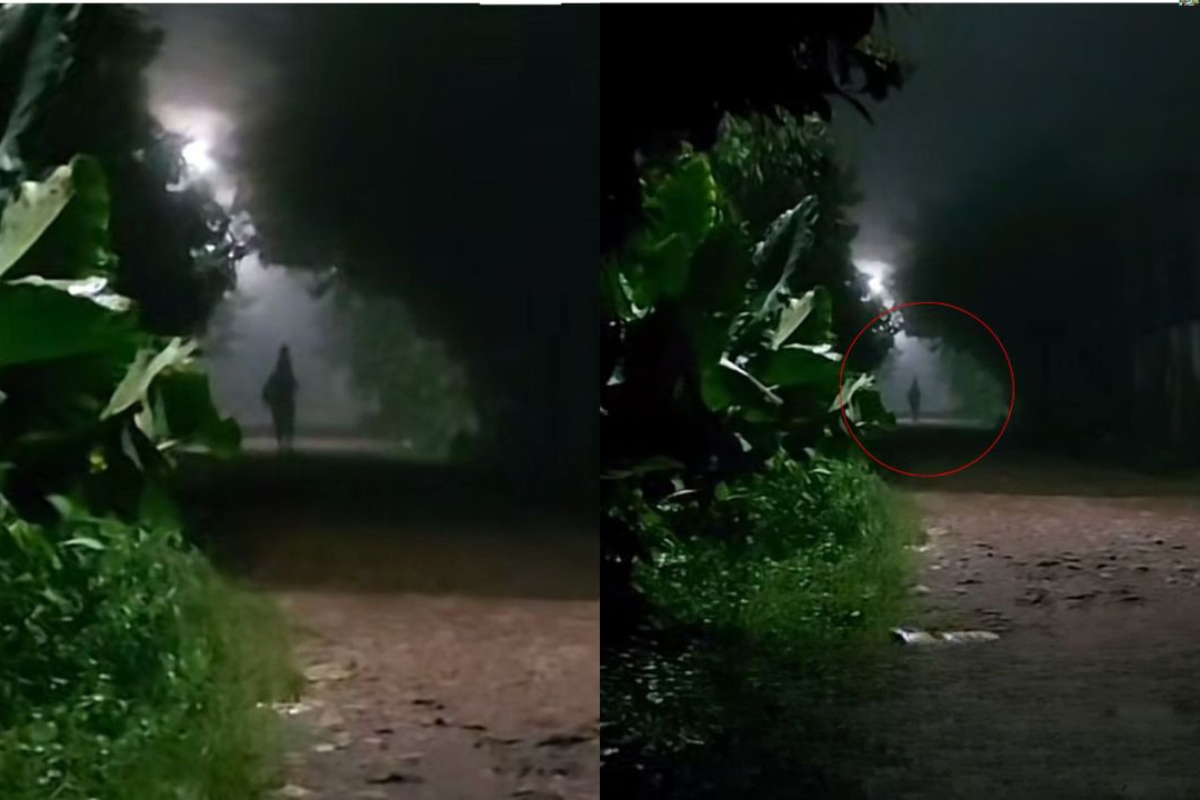The infamous "Quiero Agua" video has haunted the internet for years, sparking debates about its authenticity and the brutal realities it portrays. This deeply disturbing footage exposes the dark side of Mexico's drug war and the violence perpetuated by cartels. If you're curious about the truth behind this video, you're not alone. Millions have sought answers, yet the story remains shrouded in mystery and horror.
This article delves into the chilling details of the "Quiero Agua" video, exploring its origins, the individuals involved, and the broader implications of such brutal acts. We'll also discuss the ethical concerns surrounding the circulation of such content online and why it matters to you.
Table of Contents
- What Is the "Quiero Agua" Video?
- Origins of the Video
- Cartel Connection: Jalisco New Generation Cartel (CJNG)
- Who Was the Victim?
- Ethical Issues Surrounding the Video
- Psychological Impact on Viewers
- Preventing Such Acts: What Can Be Done?
- Conclusion
What Is the "Quiero Agua" Video?
The "Quiero Agua" video is a deeply disturbing recording that has circulated on the internet for several years. The title, which translates to "I Want Water" in English, hints at the victim's desperate plea during the ordeal. The video, believed to be associated with Mexican drug cartels, showcases extreme brutality and has sparked widespread outrage and concern.
Why Is It So Disturbing?
What makes this video particularly unsettling is the raw, unfiltered violence it captures. It opens with a desolate Mexican landscape, setting the stage for a nightmarish tableau. The victim, believed to be a young boy aged between 10 and 12, is subjected to unimaginable torture. The audio, particularly the victim's voice, is described as horrifying, with a notably higher pitch that amplifies the distress.
Origins of the Video
The origins of the "Quiero Agua" video remain murky, but most sources point to its connection with organized crime in Mexico. The video surfaced on social media platforms, quickly gaining traction due to its shocking content. While many have questioned its authenticity, the consensus among experts is that it is genuine and linked to cartel activities.
Historical Context
The tactics used in the video are believed to have originated from Israeli mercenaries contracted by the Tijuana Cartel in the 1990s. These methods were later adopted by other cartels, including the infamous Jalisco New Generation Cartel (CJNG). The brutal nature of these acts is designed to instill fear and maintain control over territories.
- Vegamovies Nl
- Tamilblasterscom
- Telugu Movierulz 2025 Your Ultimate Guide To The Hottest Blockbusters And Downloads
- Vigamovies In
- Adult Vegamovies
Cartel Connection: Jalisco New Generation Cartel (CJNG)
The "Quiero Agua" video is widely attributed to the Jalisco New Generation Cartel (CJNG), one of Mexico's most powerful and violent drug trafficking organizations. Known for its ruthless tactics, the CJNG has been responsible for numerous atrocities over the years. Fabián Urbino Morales, a feared hitman from Aguililla, Michoacán, is rumored to be involved in the production of the video.
Key Facts About CJNG:
- Formed in 2010 as a breakaway faction of the Sinaloa Cartel.
- Known for its sophisticated operations and brutal violence.
- Operates in over 20 countries, making it a global threat.
Who Was the Victim?
Identifying the victim in the "Quiero Agua" video has proven challenging due to the lack of official investigations. However, based on the footage, the victim appears to be a young boy, possibly aged between 10 and 12. The video captures his desperate plea for water, highlighting the inhumane treatment he endured.
Why Was He Targeted?
While the exact reasons remain unclear, victims of cartel violence are often targeted for various reasons, including suspected betrayal, involvement in rival gangs, or simply being in the wrong place at the wrong time. The brutal nature of the video suggests that the victim may have been perceived as a significant threat to the cartel's operations.
Ethical Issues Surrounding the Video
The circulation of such violent content raises serious ethical concerns. Platforms that host these videos often struggle to balance free speech with the responsibility to protect users from harmful content. The "Quiero Agua" video, like other gore footage, exploits human suffering for entertainment, violating basic human rights and dignity.
What Can Be Done?
Efforts to combat the spread of violent content include:
- Implementing stricter content moderation policies on social media platforms.
- Encouraging users to report suspicious or harmful content.
- Collaborating with law enforcement agencies to investigate and prosecute those involved in producing such videos.
Psychological Impact on Viewers
Watching violent content like the "Quiero Agua" video can have lasting psychological effects on viewers. Research shows that exposure to extreme violence can lead to increased anxiety, depression, and even post-traumatic stress disorder (PTSD). The desensitization to such content is also a growing concern, particularly among younger audiences.
How to Protect Yourself
To safeguard your mental health:
- Avoid consuming violent or disturbing content unnecessarily.
- Seek professional help if you experience distress after viewing such material.
- Engage in positive activities to counteract negative influences.
Preventing Such Acts: What Can Be Done?
Preventing acts of violence like those depicted in the "Quiero Agua" video requires a multi-faceted approach. Addressing the root causes of cartel violence, such as poverty, corruption, and lack of education, is crucial. International cooperation and policy reforms can also play a significant role in dismantling these criminal organizations.
Community Involvement
Communities can contribute by:
- Raising awareness about the dangers of cartel violence.
- Supporting initiatives that promote education and economic opportunities.
- Reporting suspicious activities to authorities.
Conclusion
The "Quiero Agua" video is a stark reminder of the brutal realities of Mexico's drug war and the devastating impact it has on innocent lives. While the circulation of such content raises ethical concerns, it also highlights the urgent need for action to prevent future atrocities. By understanding the origins and implications of this video, we can work towards creating a safer, more compassionate world.
We urge you to share this article with others to raise awareness about the issue. If you or someone you know has been affected by violent content, seek professional help and support. Together, we can make a difference.
References:
- Google Translate
- Human Rights Watch
- United Nations Office on Drugs and Crime


